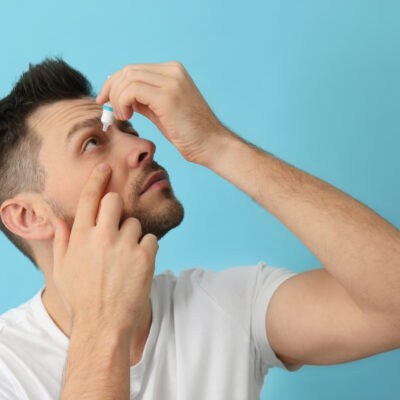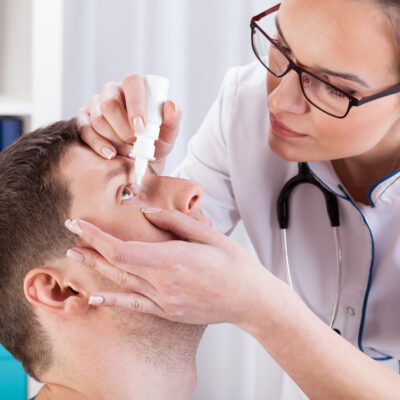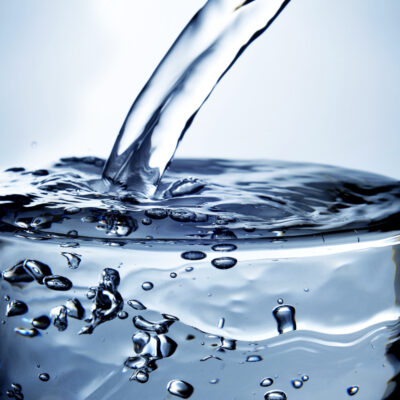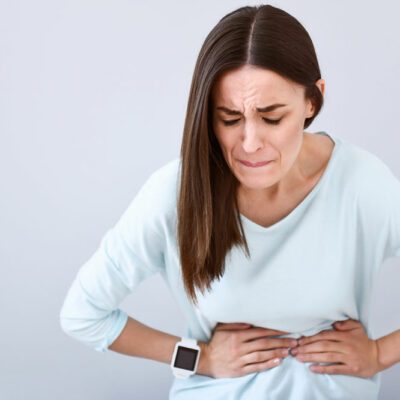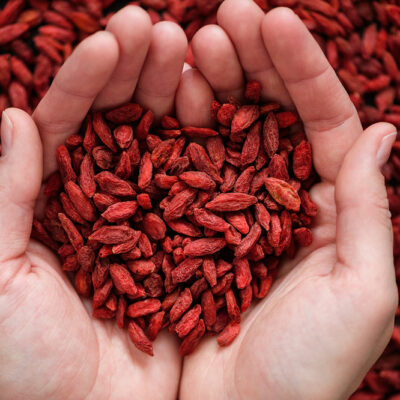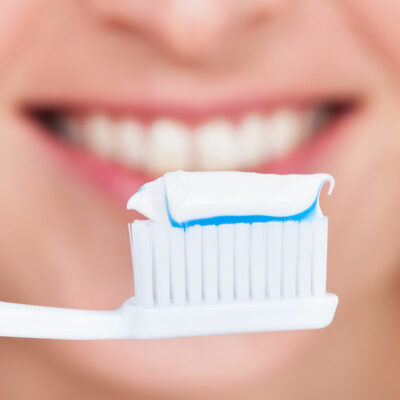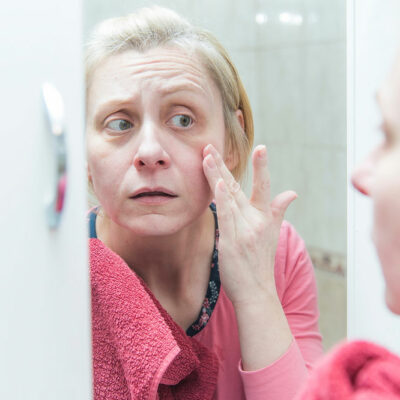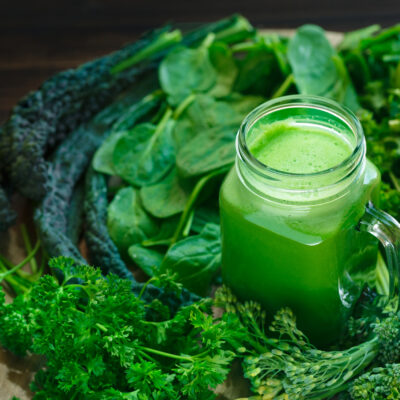
Health
Foods That Help With Breathing Issues
If you suffer from allergies, asthma, nasal polyps, NTM lung disease, MAC lung infection, respiratory syncytial virus (RSV) infection, or cold and flu, chances are you’ve experienced issues with breathing at one point or another. There are many ways to help treat and medicate breathing issues, whether that be with an air purifier, puffers, Flonase, Stiolto, Spiriva, Allegra, Claritin, Dupixent, or in more serious cases, oxygen therapy. You can also receive NUCALA prescription for nasal polyposis sinus, chronic rhinosinusitis nasal polyposis crswnp. But did you know that there are certain foods and changes you can make to your diet that will help you with breathing issues? Based on what you eat, different nutrients make you produce more carbon dioxide for the amount of oxygen used, and others make you produce less. Read on to see what foods and nutrients you should incorporate into your diet to help with your breathing: 1. Whole grains Whole grains are packed with important vitamins and nutrients like vitamin E, fatty acids, selenium, and fiber that are all great for lung health and have antioxidants and anti-inflammatory properties. Avoid refined grains and instead reach for whole-wheat bread, quinoa, oats, barley, and other whole grain products.
Read More 
